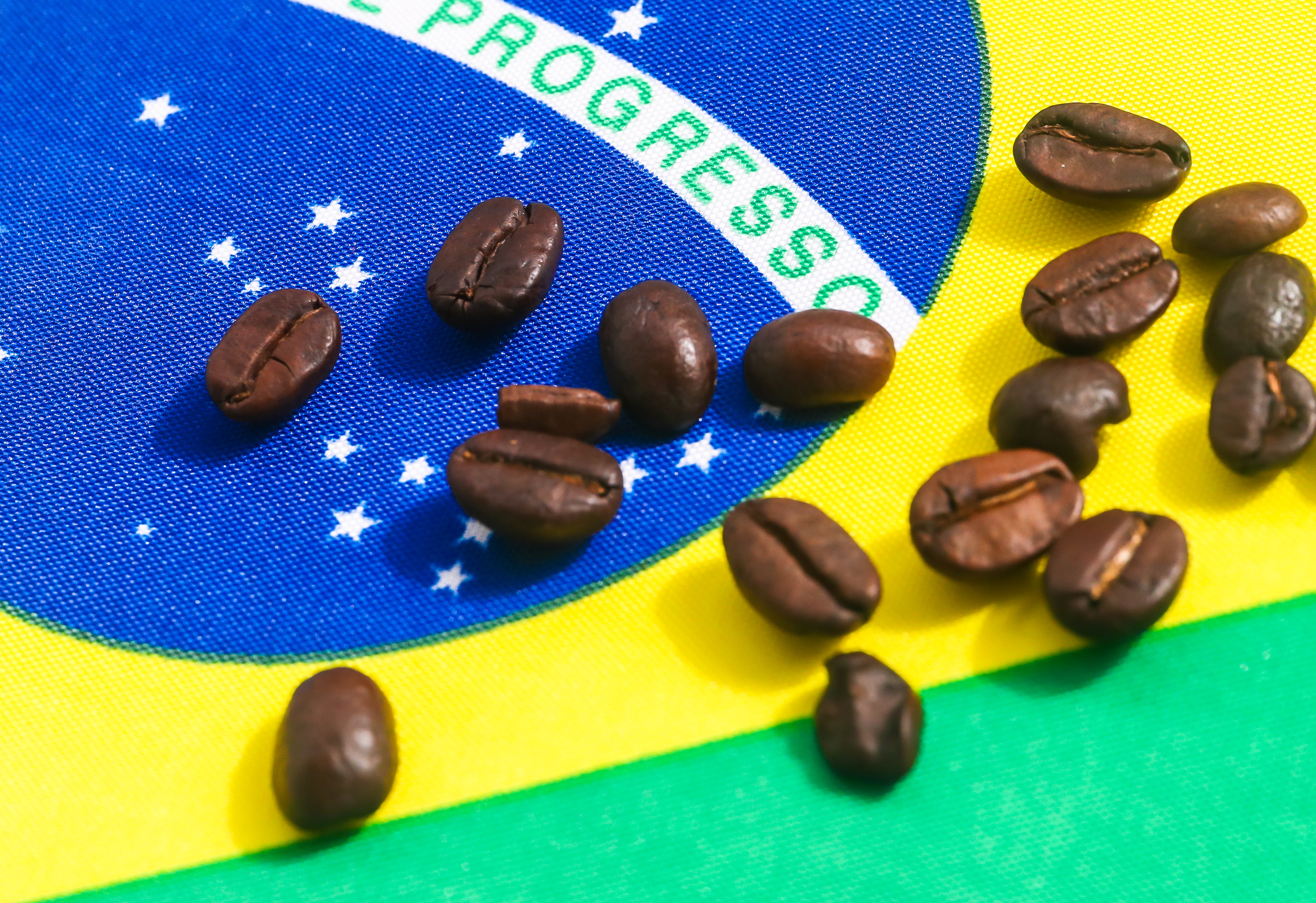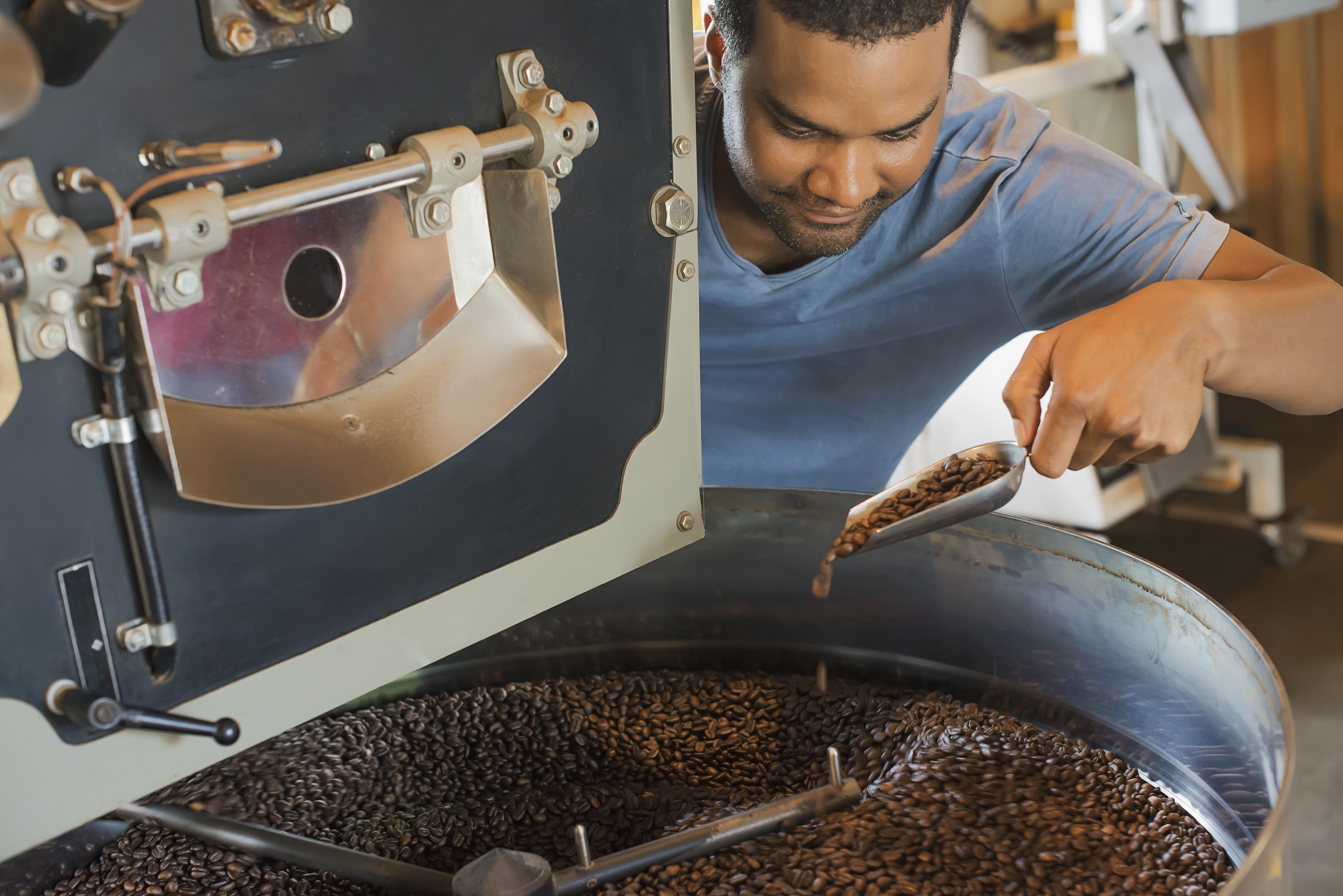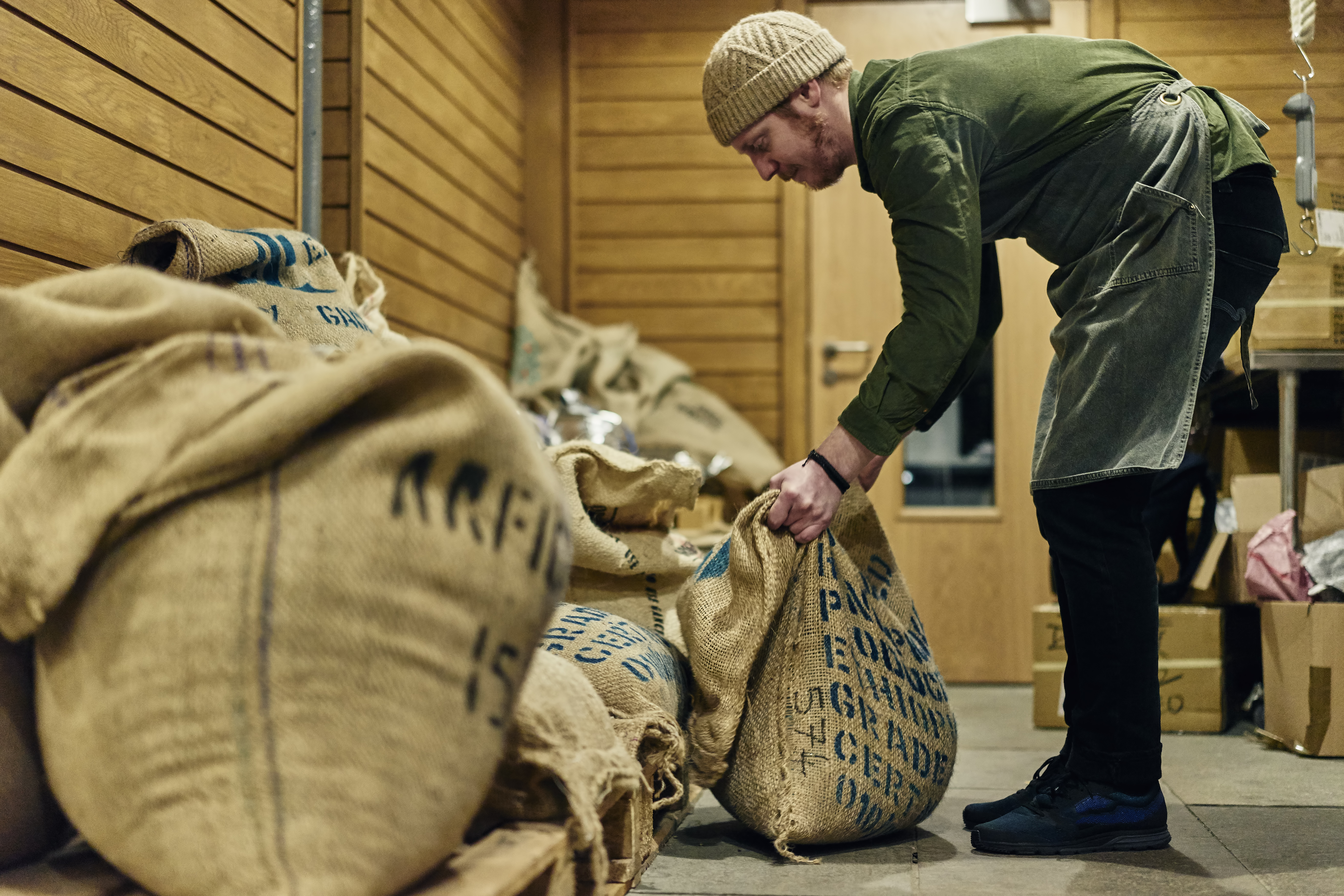The global coffee industry thrives on diversity—it’s rooted in landscapes, cultures, and traditions across some of the most vibrant regions of the world. Yet, as the conversation around Diversity, Equity, and Inclusion (DEI) evolves and, in some cases, faces pushback, we must ask ourselves how these shifts impact the livelihoods of the very farmers and growers that form the backbone of coffee production.
If you're a coffee roaster, coffee shop owner, or hotelier, this issue is more relevant to your business than you might think. This article explores the ripple effects of DEI program reductions on coffee growers and highlights actionable steps you can take to make a difference.
What is DEI in the Coffee Industry?
DEI stands for Diversity, Equity, and Inclusion. Traditionally, DEI programs aim to create equitable opportunities, ensure fair treatment, and promote representation across industries—including agriculture. Within coffee farming, these initiatives often translate to fair pay, ethical labor conditions, sustainable sourcing, and giving marginalized farming communities a fair voice in the global coffee trade.
However, with backlash against DEI in some sectors, many organizations are scaling back or abandoning these programs altogether. Reduced support for DEI initiatives can mean fewer safeguards and opportunities for coffee producers, especially those in developing countries who rely on fair trade practices to thrive.
How the Decline of DEI Affects Coffee Growers
The consequences of dismantling DEI programs extend far beyond corporate offices. For coffee growers, these changes can result in:
1. Reduced Access to Fair Trade
Fair trade practices often stem from DEI-driven commitments. With diminished DEI efforts, many farmers risk losing access to fair trade networks, which ensure they receive livable wages for their hard work. For coffee growers, this could mean reduced earnings and increased exploitation.
2. Weakened Support for Marginalized Communities
Coffee farming is frequently concentrated in communities that have faced systemic disadvantages—whether due to geography, lack of infrastructure, or historical inequities. DEI-focused programs often fund education and training initiatives, creating opportunities for these communities to break free from cycles of poverty. The absence of such initiatives weakens their chances of upward mobility.
3. Environmental Consequences
Many DEI-aligned projects emphasize sustainable farming practices to combat climate change’s impact on agriculture. Without support, coffee producers may lack resources to adapt to climate challenges, resulting in decreased yields and quality over time.
4. Fragmented Industry Relationships
DEI programs often foster stronger connections between coffee growers and their buyers—ensuring transparency, shared goals, and mutual respect. Without these bridges, trust between producers and buyers weakens, potentially causing fractures in the supply chain.
Why Coffee Roasters and Shop Owners Should Support DEI Principles
For those running businesses centered around coffee, maintaining an ethical, sustainable supply chain isn’t just altruistic—it’s essential for long-term success. Supporting DEI principles aligns with:
- Consistency in Quality: Ethical sourcing ensures coffee growers are incentivized to focus on quality, translating to better beans for roasters and brewers.
- Brand Reputation: Today’s consumers value companies that prioritize ethics and sustainability. Supporting DEI showcases your commitment to responsible business practices, crucial for building trust with your audience.
- Supply Chain Stability: Empowering farmers through DEI principles ensures they can continue their work despite external challenges, securing the future supply of quality beans.

Moving Beyond DEI to FAIRR Frameworks
While traditional DEI initiatives face criticism or reduced support, a new framework called FAIRR is emerging to reshape how we approach equity and inclusion. FAIRR emphasizes Fairness, Access, Inclusion, Representation, and Resilience—elements crucial to creating long-lasting, meaningful change.
Applying FAIRR to Coffee Supply Chains
- Fairness: Champion fair trade certifications and prioritize relationships with ethical suppliers.
- Access: Support training programs that provide farmers with the skills they need to succeed in modern markets.
- Inclusion: Partner with growers from diverse backgrounds and commit to amplifying their voices in the marketplace.
- Representation: Invest in platforms and opportunities that celebrate the rich cultural heritage of coffee-growing communities.
- Resilience: Prioritize sustainability initiatives that help farmers weather challenges like climate change and market fluctuations.
By adopting FAIRR principles, coffee professionals can help usher in a new era of equity and sustainability.
How You Can Make a Difference
Your business choices have ripple effects. Here are actions you can take today to support coffee growers and invest in a fairer, more resilient industry:
- Source Ethically: Partner with suppliers who prioritize fair trade, sustainability, and inclusion.
- Educate Your Team: Train your staff on the importance of sourcing practices and include these values in your brand story.
- Amplify Grower Voices: Use your platforms to highlight the incredible work of coffee growers, sharing their stories with your customers.
- Review Your Partnerships: Work with distributors who align with your ethical and sustainable goals. Consider switching to suppliers like Noire Coffee Trade for expertly sourced coffee with community-focused values.
Ensuring Coffee’s Bright Future
The elimination of DEI programs may pose challenges, but it also presents an opportunity. By championing ethical sourcing models and acting with intention, coffee professionals can drive positive change that benefits everyone in the supply chain—from growers to consumers.
If you're ready to take the next step in building a more ethical and sustainable coffee business, we’re here to help. Contact Noire Coffee Trade today to learn how we can support your goals.
Together, we can ensure a thriving future for coffee—and the people who grow it.

.png)


.png)
